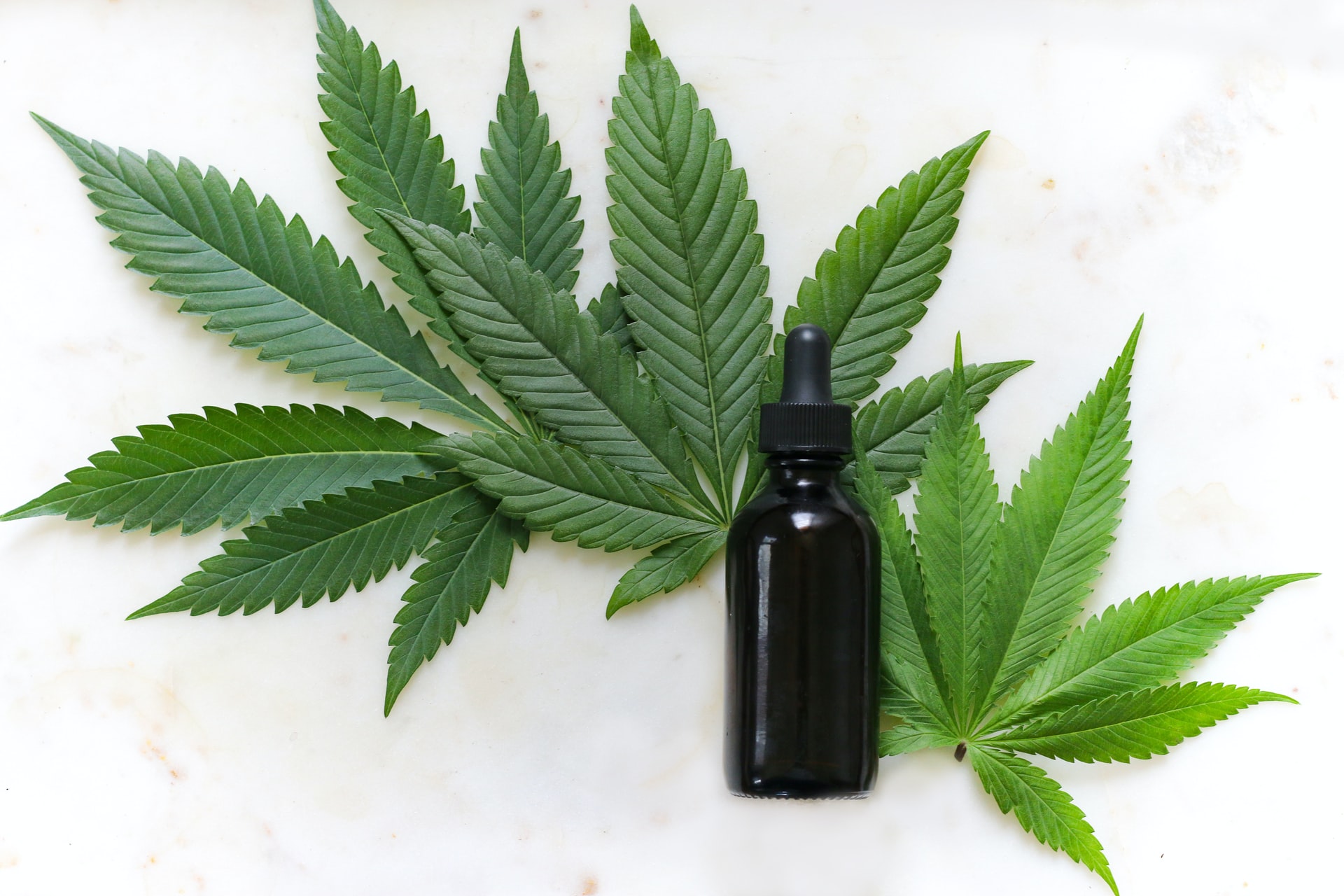
Embarking on the journey of recovery from addiction is a courageous and transformative process. It’s a path that unfolds in stages, each crucial for laying the foundation of a healthy, sober life. From detoxification to long-term sobriety, understanding the stages of recovery can empower individuals and their loved ones with knowledge and hope. Take action today and Find A Rehab Center that offers personalized treatment plans and compassionate care to support your journey toward lasting sobriety.
Stage 1: Detoxification

The first stage of recovery is detoxification, often referred to as detox. This phase focuses on ridding the body of the addictive substance and managing withdrawal symptoms. Detox can be challenging, both physically and emotionally, as the body adjusts to functioning without the substance it has become dependent on. Medical supervision during detox is essential to ensure safety and comfort.
Stage 2: Early Abstinence
After detox, individuals enter the stage of early abstinence. This period is characterized by adjusting to life without the substance, managing cravings, and learning coping strategies to deal with triggers and temptations. Early abstinence is a critical time for building a support network, seeking therapy, and developing healthy habits to support sobriety.
Stage 3: Maintenance of Sobriety
As individuals progress in their recovery journey, they enter the stage of maintenance of sobriety. This phase involves sustaining the progress made in early abstinence by practicing ongoing self-care, attending support groups or therapy sessions, and implementing relapse prevention strategies. Maintenance of sobriety requires dedication, commitment, and a willingness to continue learning and growing.
Stage 4: Long-Term Sobriety

The ultimate goal of recovery is long-term sobriety, where individuals have successfully integrated a sober lifestyle into their daily lives. Long-term sobriety is about more than abstaining from substances; it’s about embracing a holistic approach to health and well-being. This stage may involve ongoing therapy, participation in support groups, healthy lifestyle changes, and a focus on personal growth and fulfillment.
Key Components of Successful Recovery
- Professional Support: Seeking help from healthcare professionals, therapists, and addiction specialists is essential throughout the stages of recovery. They can provide guidance, support, and evidence-based treatments tailored to individual needs.
- Peer Support: Connecting with others who understand the challenges of addiction can be incredibly beneficial. Support groups like Alcoholics Anonymous (AA) or Narcotics Anonymous (NA) offer camaraderie, encouragement, and accountability.
- Healthy Coping Mechanisms: Learning healthy ways to cope with stress, emotions, and triggers is crucial for long-term sobriety. This may include mindfulness practices, exercise, hobbies, and creative outlets.
- Relapse Prevention Strategies: Developing strategies to prevent relapse is a key aspect of maintaining sobriety. Identifying triggers, creating an action plan for challenging situations, and seeking support when needed can help individuals stay on track.
The stages of recovery represent a transformative journey of healing, growth, and empowerment. Each stage is a stepping stone towards a brighter, healthier future. By embracing the journey, seeking support, and staying committed to personal growth, individuals can achieve long-term sobriety and rediscover joy, purpose, and fulfillment in life. Recovery is not just about overcoming addiction; it’s about reclaiming one’s life and embracing a brighter tomorrow.



